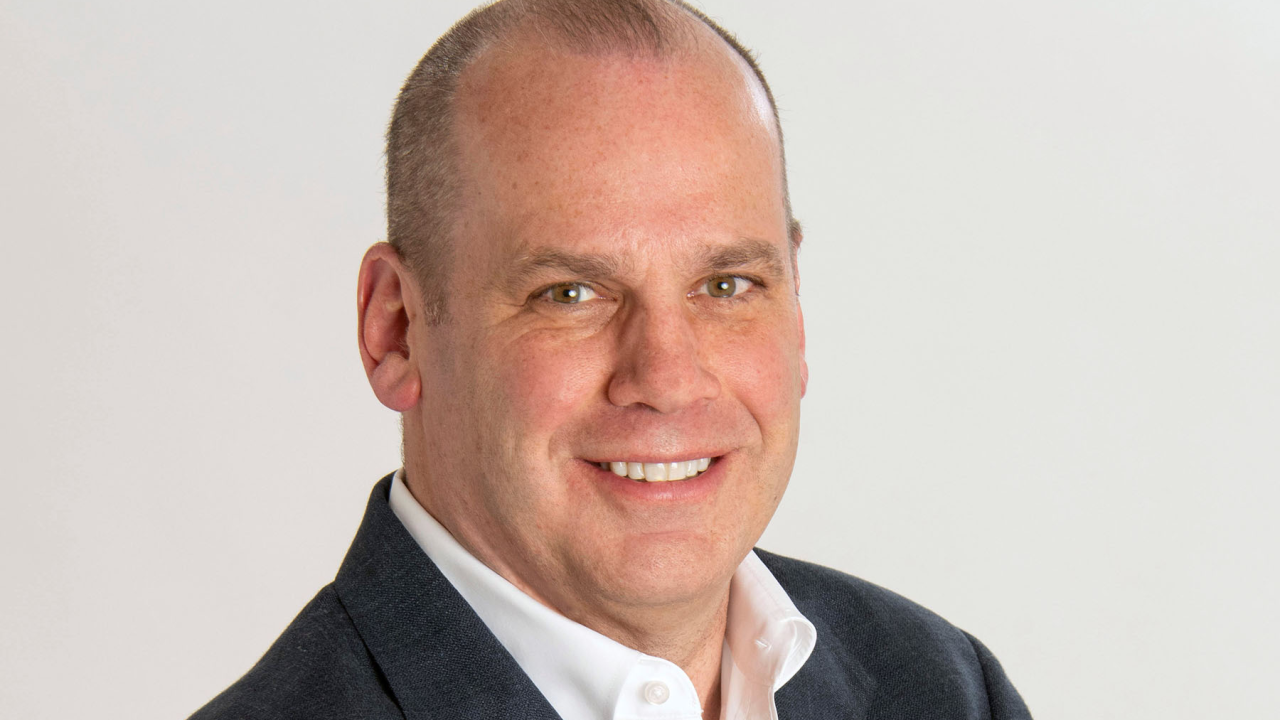Fidelity Investments is spinning out Akoya, its data-sharing arm, into an independent company that will be jointly owned by Fidelity, The Clearing House and 11 of its member banks.
Akoya has been building a data-sharing network that gives fintechs access to bank account data through application programming interfaces. This is as an alternative to screen scraping, the method of using customers' account credentials to copy and paste bank account information from a bank server to a fintech app, such as a budgeting app. It’s also an alternative to the bilateral agreements large banks have been making with large fintechs like Intuit.

Bank of America, Capital One, Citigroup, Huntington Bancshares, JPMorgan Chase, KeyCorp, PNC Financial Services Group, TD Bank, Truist Financial, U.S. Bancorp and Wells Fargo are the new bank owners of Akoya. They are all investing in the network, though the amount of investment is undisclosed. Banks will pay a volume-based fee to use the network.
According to Stuart Rubinstein, Akoya's CEO, this network will help give consumers more control over their bank account data.
“In the traditional methods of screen scraping, consumers give their ID and passwords to a third party,” he said. “After that, the third-party accesses all of the accounts that are available with an ID and password until the consumer remembers to go back to that fintech and revoke consent. In the network that we've created, consumers won't share their ID and password with anyone. They'll give explicit instructions to their financial institution to allow a specific third party to access their data. They will do that only for the specific accounts that they choose. So if you have multiple accounts at an institution, you can enable all of those accounts or only a single account.”
Who controls access to bank account data has been a longstanding battle. Data aggregators and fintechs have long argued that banks are too controlling in the way they share data, offering only bits of information and not the full scope of what some third-party apps need to do their work, and blocking some fintechs and aggregators altogether. Fintechs and data aggregators say they are often forced to screen-scrape because they can’t get the data any other way.
Immediately after The Clearing House announced its partial ownership of Akoya on Thursday morning, Steve Boms, the executive director of the Financial Data and Technology Association North America, a group that represents data aggregators and fintechs, called this move “a significant potential threat to competition and innovation in financial services technology, as well as to consumers’ ability to obtain personalized financial services from providers they’ve selected as best suited to help them.” (FDATA members include Betterment, Envestnet Yodlee, Intuit, Kabbage, MX, Petal, Plaid and Quicken Loans.)
“If the new entity is allowed to consolidate and control consumer financial data, it will potentially prevent other third parties from accessing that data even if individuals and small businesses permission that access, by giving their consent for their data to be shared,” Boms said in a statement.
Data aggregators like Plaid and fintechs could use the Akoya network to glean bank data instead of creating one-off agreements with individual banks, Rubinstein said.
Rubinstein acknowledged that Akoya has had a bit of a chicken-and-egg issue: Data recipients want to know, if they sign up, whose data will be there. And data providers ask, if we sign up, who's going to receive the data?
“This announcement shows that there are banks that are committing to building out the platform with us and to backing it,” he said. Akoya also offers banks a white-label dashboard they can give their customers to monitor where their bank account data is being used. This looks a little like the data sharing component of Wells Fargo’s Control Tower program.
“If you forget that you tried some fintech app, like a budgeting app, and then you don't use it anymore, you'll still be able to see that you've granted that access, you'll be able to change that access,” Rubinstein said. “You'll be able to add accounts, delete accounts, or revoke consent altogether.”
For security and data privacy reasons, Akoya doesn’t store any of the data that passes through it, Rubinstein said.
“When data is requested by a data aggregator, we go fetch it from the financial institution and pass it back through using the Financial Data Exchange specifications,” Rubinstein said. “We pass it back through to that data aggregator and then we delete it. We don't even know who the particular consumers are.”
The identity information is tokenized, he said.
Akoya will conduct security reviews on all the fintechs that access the data on its network, Rubinstein said.




